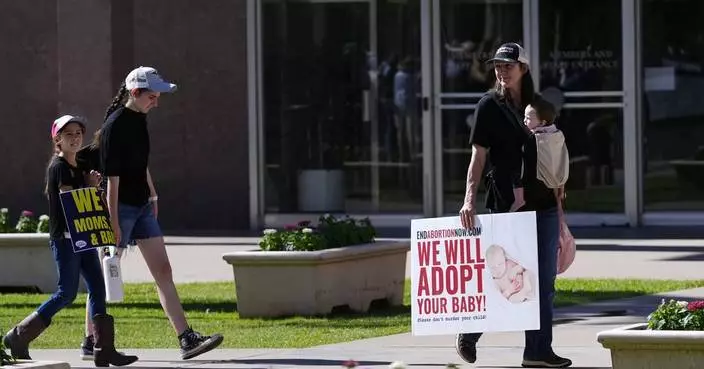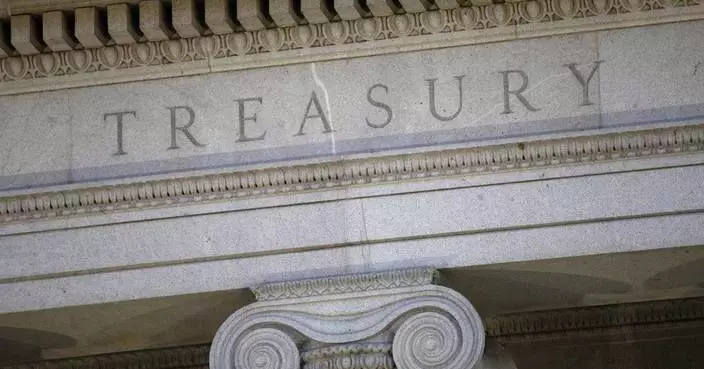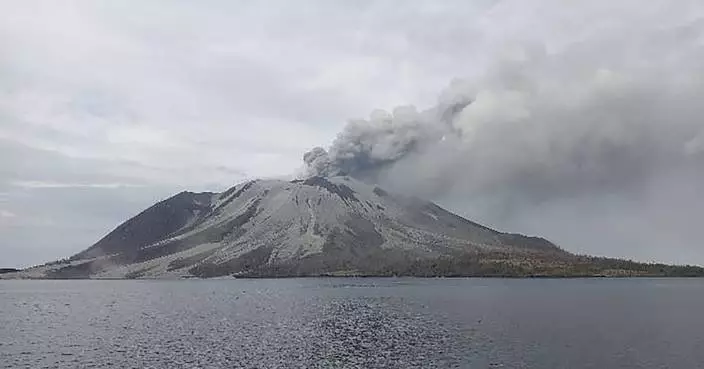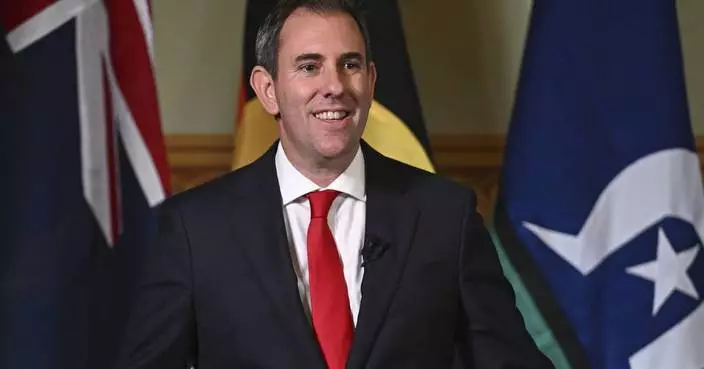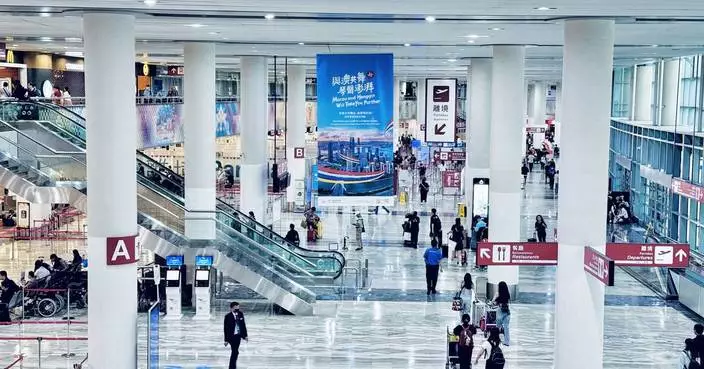Staff of Nanxiang steamed buns restaurant make steamed buns in Shanghai, east China on November 12, 2017.

Nanxiang steamed bun, also named Nanxiang xiaolongbao, is a traditional snack in Nanxiang town, East China's Shanghai municipality.

The snack was created by Huang Mingxian in 1871 and now has a history of 146 years. It has been inscribed on the fourth list of national intangible cultural heritage in China.

The steamed Bun is famous for its thin wrapping, sufficient filling, and fresh flavor. When you take a small bite, your mouth will be filled with juice.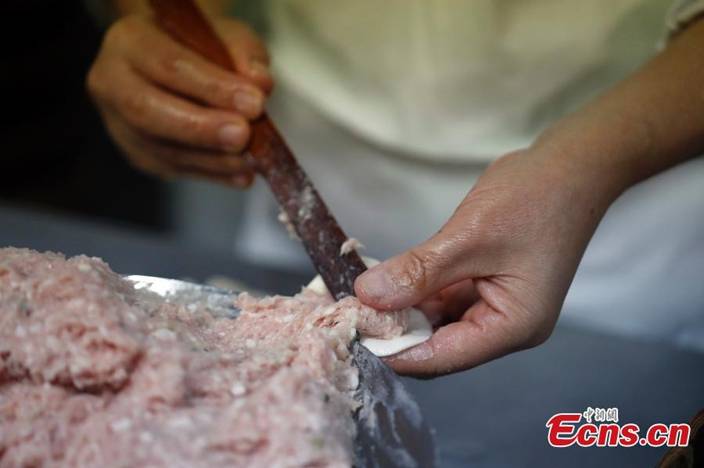
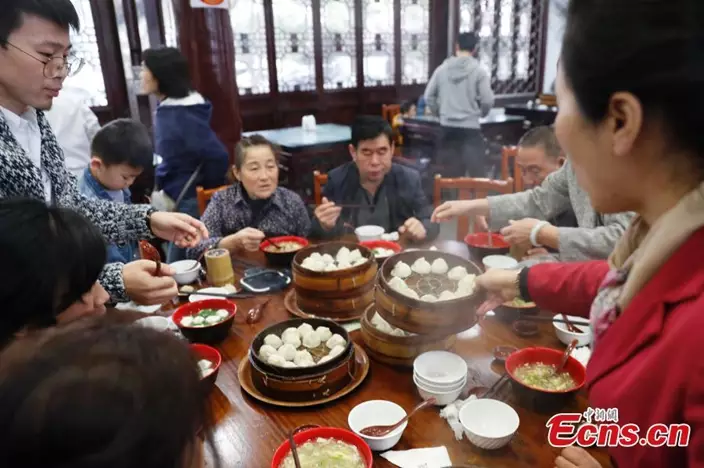
WASHINGTON (AP) — President Joe Biden has called Japan and India “xenophobic” countries that do not welcome immigrants, lumping the two with adversaries China and Russia as he tried to explain their economic circumstances and contrasted the four with the U.S. on immigration.
The remarks, at a campaign fundraising event Wednesday evening, came just three weeks after the White House hosted Japanese Prime Minister Fumio Kishida for a lavish official visit, during which the two leaders celebrated what Biden called an “unbreakable alliance,” particularly on global security matters.
The White House welcomed Indian Prime Minister Narenda Modi for a state visit last summer.
Japan is a critical U.S. ally. And India, one of the world's fastest-growing economies, is a vital partner in the Indo-Pacific despite differences on human rights.
At a hotel fundraiser where the donor audience was largely Asian American, Biden said the upcoming U.S. election was about “freedom, America and democracy” and that the nation's economy was thriving “because of you and many others.”
“Why? Because we welcome immigrants,” Biden said. “Look, think about it. Why is China stalling so badly economically? Why is Japan having trouble? Why is Russia? Why is India? Because they’re xenophobic. They don’t want immigrants.”
The president added: “Immigrants are what makes us strong. Not a joke. That’s not hyperbole, because we have an influx of workers who want to be here and want to contribute.”
There was no immediate reaction from either the Japanese or Indian governments. White House national security spokesman John Kirby said Biden was making a broader point about the U.S. posture on immigration.
“Our allies and partners know well in tangible ways how President Biden values them, their friendship, their cooperation and the capabilities that they bring across the spectrum on a range of issues, not just security related,” Kirby said Thursday morning when asked about Biden's “xenophobic” remarks. “They understand how much he completely and utterly values the idea of alliances and partnerships.”
Biden’s comments came at the start of Asian American and Pacific Islander Heritage Month, and he was introduced at the fundraiser by Sen. Tammy Duckworth, D-Ill., one of two senators of Asian American descent. She is a national co-chair for his reelection campaign.
Japan has acknowledged issues with its shrinking population, and the number of babies born in the country in 2023 fell for the eighth straight year, according to data released in February. Kishida has called the low birth rate in Japan “the biggest crisis Japan faces” and the country has long been known for a more closed-door stance on immigration, although Kishida’s government has, in recent years, shifted its policies to make it easier for foreign workers to come to Japan.
Meanwhile, India’s population has swelled to become the world’s largest, with the United Nations saying it was on track to reach 1.425 billion. Its population also skews younger. Earlier this year, India enacted a new citizenship law that fast-tracks naturalization for Hindus, Parsis, Sikhs, Buddhists, Jains and Christians who fled to India from Afghanistan, Bangladesh and Pakistan. But it excludes Muslims, who are a majority in all three nations. It's the first time that India has set religious criteria for citizenship.
—
Associated Press chief political reporter Steve Peoples and Associated Press writer Aamer Madhani contributed to this report.

FILE - President Joe Biden speaks April 24, 2024, in Washington. Biden called Japan and India "xenophobic" countries that do not welcome immigrants, lumping the two with adversaries China and Russia as he tried to explain the four countries' economic circumstances and contrasted them with the U.S. on immigration at a campaign fundraiser Wednesday evening at the start of Asian American and Pacific Islander Heritage Month, Wednesday, May 1, 2024. (AP Photo/Evan Vucci, File)
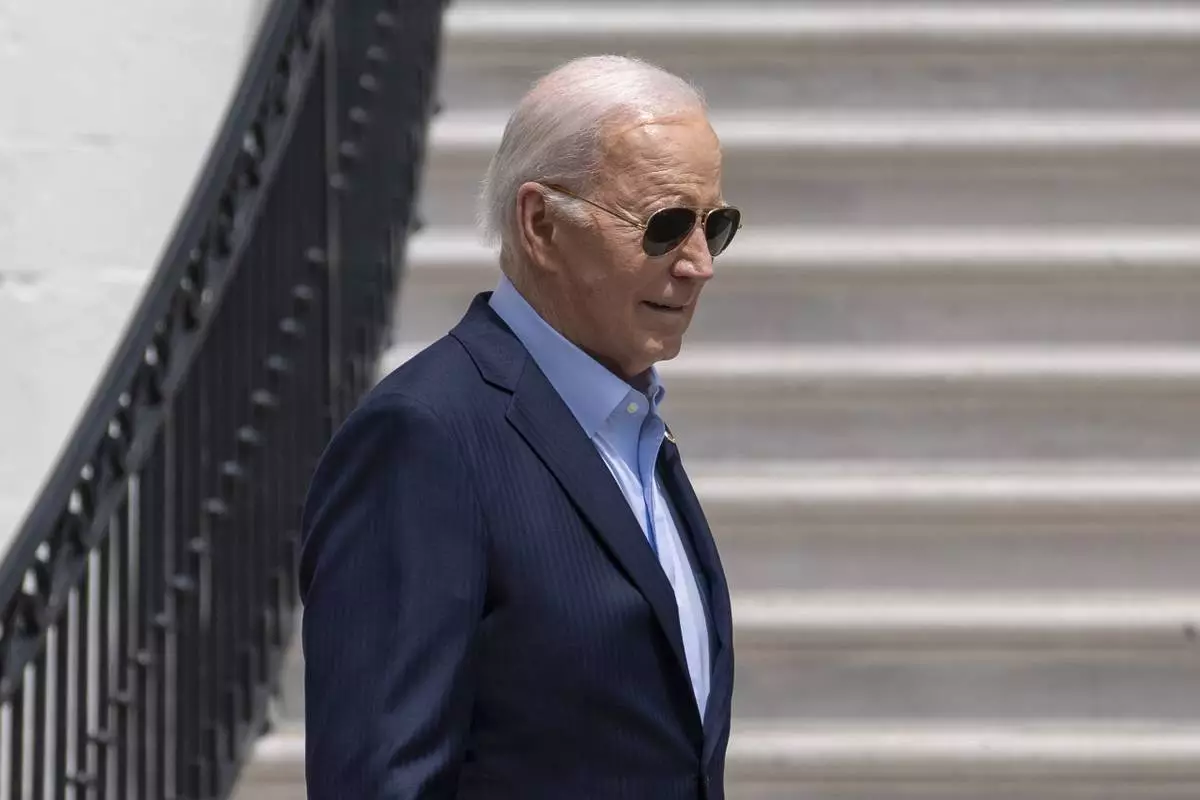
President Joe Biden walks to Marine One for departure from the South Lawn of the White House, Tuesday, April 30, 2024, in Washington. Biden is headed to Delaware. (AP Photo/Alex Brandon)










